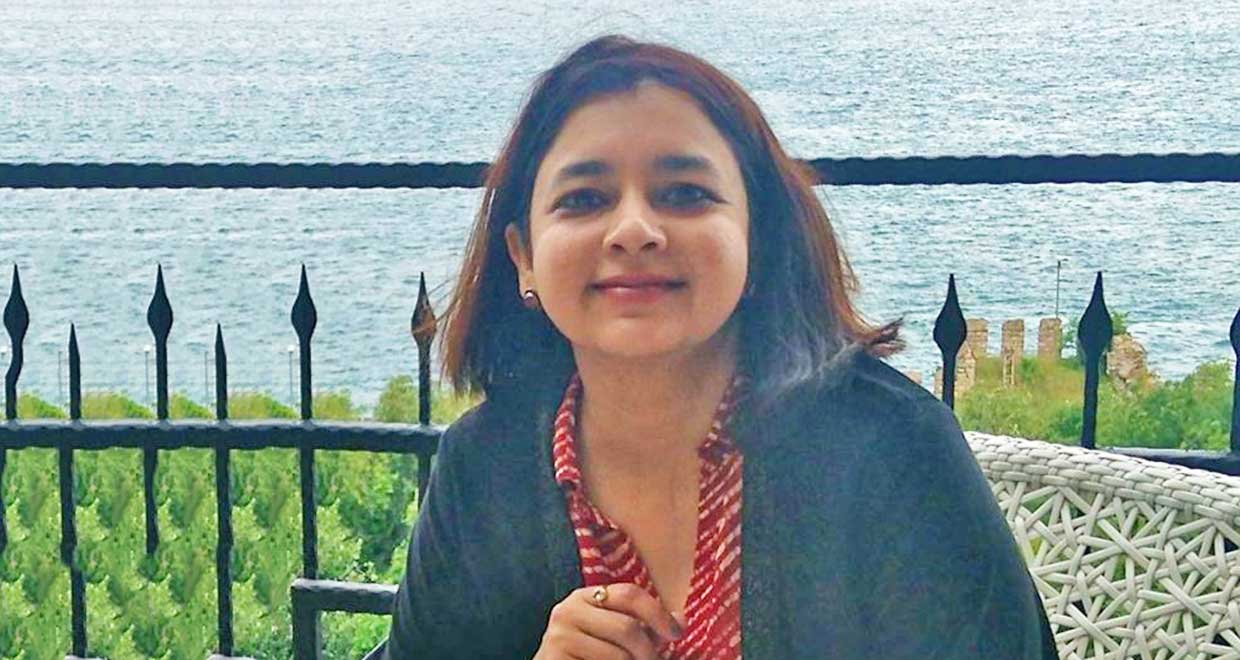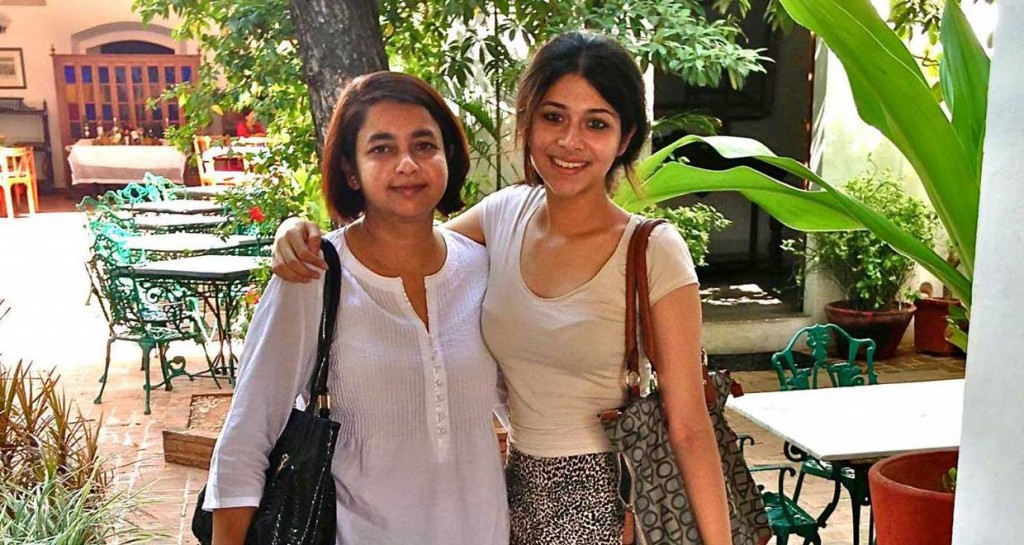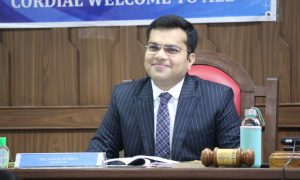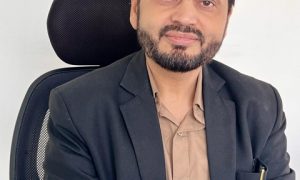Sayali Phatak graduated in Political Science in 1988 from Lady Shriram College and thereafter qualified in law in 1991 from Delhi University. She joined JB Dadachanji & Co. soon after graduation and worked there for the next two years.
In 1999, she joined the litigation team at Amarchand Mangaldas & Suresh A. Shroff & Co. (AMSAS as it was then called). Thereafter, she joined as a legal counsel at Airtel. Having joined and quit Accenture in between, Sayali is currently Senior Vice President-Legal at the Corporate office of the Bharti Group.
In this interview, she talks about:
- Her work experience at JB Dadachanji and AMSS,
- Her work experience as a Senior Vice-President-Legal at the Bharti Corporate office,
- The work profile and practice of an in-house lawyer.
How would you introduce yourself in one line to our readers?
I am a Senior Vice President-Legal at the Bharti Corporate office with experience as an in-house counsel of over 17 years. My main areas of practice include corporate litigation, transactions, and corporate advisory matters.
I come from a family of lawyers and Law was a natural progression after my Political Science Honours from Lady Shriram College.
Tell us about your time as a law student and your internship experiences in Delhi University.
DU was fun and friends. There were many subjects over the period of three years. Contract law was of particular interest to me.
We did not have any concept of compulsory internships and so I did not intern.
Right after graduation, you joined JB Dadachanji and Co. Which practice areas did you deal with, in the years that you worked there?
I worked at JBD for about two years from 1992 to 1994. I was in the litigation team, so most of my work included drafting, researching case law and briefing senior advocates.
What was the experience in the firm like? What made you shift to Amarchand & Mangaldas & Suresh A Shroff & Co. in 1999?
JBD was a great place and I am still in touch with my friends from then. They had a lot of good matters and we got very good exposure in drafting and briefing. While I was with JBD, I received an offer to join AMSAS as it was then. I joined AMSAS in 1999 after taking a break as my daughter was born in 1994. I initially worked part time there but later joined full-time.
What was your work experience like in Amarchand?
At AMSAS, I was in the litigation team again. I got an opportunity to work in various fora, ranging from the Supreme Court, High Court, MRTP, DRT the consumer forum and the BIFR. It was a great learning ground and we worked with different clients and got an opportunity to learn drafting, preparing opinions, researching case laws all over again, and I had the opportunity to brief various senior counsel and occasionally appear in courts.
After Amarchand, you joined the legal team of Bharti Airtel. What was the reason behind this shift, especially since you were working at a premier law firm?
Working in a law firm helped me build a great grounding for me, but due to family reasons I shifted to in-house legal work where I felt it was less pressing.
Tell us about a day in your life as a legal counsel. How different was the kind of work at Airtel from Amarchand?
Being an in-house counsel has been very satisfying and challenging. The experience and learnings from JBD and AMSAS, especially in litigation, were very useful. As an in-house counsel one needs to understand the business requirement and accordingly advise the internal teams how to meet their business needs within the parameters of the law. Earlier in the law firms, I was doing mainly litigation but in-house changed to a mixed bag, of contracts, some fairly straightforward, some complicated ones and litigation.
What attracted you to Telecommunication Law?
Telecom is a very happening space. It has seen exponential growth and is meshed with technology to reach out to millions for a variety of issues through voice or data and thus touches all people in some manner or the other. Clearly it is fast paced and an exciting field, and this is exactly what got me interested to Telecommunications.
Why did you shift to Accenture in 2007? How was the work experience different from Airtel?
I got an opportunity to be the Lead Counsel for the India Domestic business for Accenture and so I took that up. It was my first experience with an MNC and it was a good learning to understand how to interact with teams across Asia Pacific, etc. and understand their processes.
You thereafter moved back to Airtel.
It’s always good to improve one’s skill sets. I got an opportunity to work at the Corporate Office of Bharti and worked on a lot of M&A transactions, bond issues and thus took this up.
What is the nature of your work at Airtel presently? Is it true that work in-house is less stressing than at a firm?
We at the corporate office do not have a lot of litigation which is mainly handled by the Airtel Team but I have been part of briefing sessions with some eminent senior counsel in some sensitive matters.
The role of an in-house counsel has changed substantially over the last few years with many persons from law firms making the transition to in-house at various levels. As stated above the role of an in-house counsel is extremely challenging as we live with the business and have to take ownership of all matters, especially in organizations which are fast paced. Also briefing senior counsel is done for litigation matters but there is a lot of transactional and advisory work which happens internally. Further in litigation, a lot of strategizing is done in-house.
Does working as a legal counsel get monotonous? How is it possible for one to keep experiencing new learning curves while working as a legal counsel?
The role of an in-house counsel is far from monotonous for the reasons stated above. As regards experiencing new learning curves, as stated above, with a business which is fast paced and evolving one has no choice but to be ahead of the times and work with business to ensure that the business goes ahead.
What would you advise law students who want to join in-house roles?
My personal view is that young students must first do a few years of litigation and garner work experience with law firms. These would be extremely useful and would serve as an edge over others if one wishes to move in-house.
Work as an in-house counsel requires collaborative and team effort. Each counsel is measured on how they are able to help the business achieve their objectives and thus all have to work with all teams in order to close the issue.
Diligence, commercial insight, updated legal knowledge, attention to detail and good healthy relationships with internal customers is required if one wants to do well.
What is your current work profile like? How do you balance work and personal life?
I am currently leading a team of four colleagues and we provide full support to the Corporate office for all legal issues. Work life balance is something one has to achieve for oneself and there are spikes when there may be no weekends off, some with one day and some with both. If one finds one’s work exciting then all can be managed.
What are your plans for the future?
To continue what I am doing and learn new skill sets.
What is the one advice you would like to give young law students?
Law is an extremely versatile area and due to its far reach touching all aspects of life, it’s a great subject to study whether one wants to practice or teach or pursue other careers in environment, Human rights etc.

























